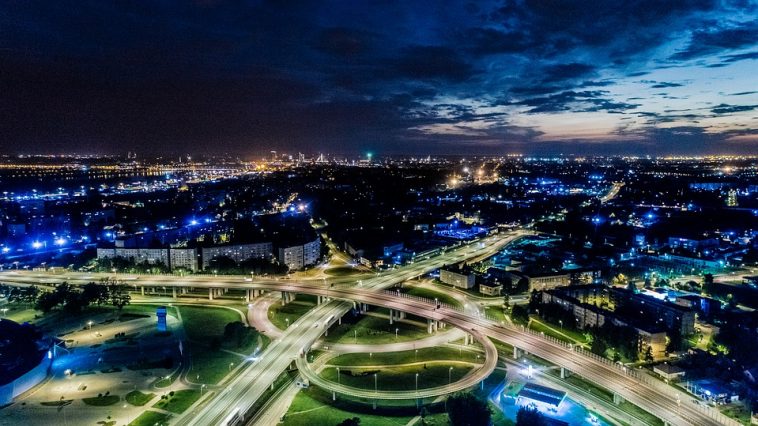African innovations in energy and aerospace are the leading fintech sectors. The continent is making innovations all the way from financial technologies to renewable-energy markets. The continent is coming up with fresh ideas on financial problem management. Despite the poor skills and infrastructure, Africa is still rich in innovations.
The continent is using the same route used by both India and Japan to be wherever they are now. The low cost of solar power drives the renewable energy sector. The cost used to be higher than the current one. According to the International Energy Agency, Africa added 4.5GW power to its grid. This came from renewable sources in 2016. Both drone delivery services and mobile payments are examples of steps made by African companies.
Many companies have found easy breakthrough into the African space. This is due to lighter regulations. There is a need for strong regulatory measures in Africa. The regulatory measures will help in locking-out harmfull businesses from reaching Africa. The Niger Delta mess is an opening eye to the continent. That came due to failure to instill strong regulatory measures within the region. M-Pesa growth that has made East Africa to be a money transfer leader shows how innovation can be helpful.
The Reppie rubbish dump in Addis Ababa killed a total of 113 people in March 2017. There are plans to make the dumpsite a valuable African resource. A power plant has been put up in Addis Ababa that will start to produce electricity in 2019. The plant will consume 420,000tn of waste – about 80% of the city’s total rubbish output. The waste will be bunt according to the European environmental standards. The plant’s turbines will generate 185GWh of electricity every year. That will be able to power 30% of the city’s households.
The world has 800 waste-to-energy plants. But African waste is viewed as different from the developed markets. The one in Africa has a high moisture content and low calorific value. It thus calls for a customized plant to be put up in Africa. Kampala, Doula, Dakar Lagos, and Nairobi are the targeted cities where power plants are to be built at. Those are the cities that experience frequent power shortages.
The projects like the one in Addis are ongoing. Kenya has the Gorge Farm Energy Park runs a 2.8MW anaerobic digestion plant. It generates electricity from organic waste from the vegetable firm. South Africa’s Johannesburg launched a 3MW landfill gas-to-power project in December 2016. There is a need to improve African sanitation as seen from the West African Ebola outbreak.
Zipline delivers blood for health centers in Rwanda rural homes. This is the places that one cannot easily find health facilities. The company uses drones to make deliveries since 2016. There is a need to regulate drone operations by the world regulators. The company made 2,000 blood deliveries in Rwanda. That convinced Rwanda’s air traffic control system to allow it work in the country. The company will soon launch in Tanzania. This is after impressing the country’s traffic officials. It will have four launch sites and above 2000 drone flights a day. That will make it in a position to serve 10 million Tanzanians staying in remote areas.
The Mauritian financial services regulator has introduced a regulatory sandbox. This is to make it be at par with the rest of the world in financial technology. A regulatory sandbox allows companies to test innovations in real markets. Many companies are using different payment methods like Bitcoin. The country wants to get hold of them since banks are not yet the best service providers to the customers.



